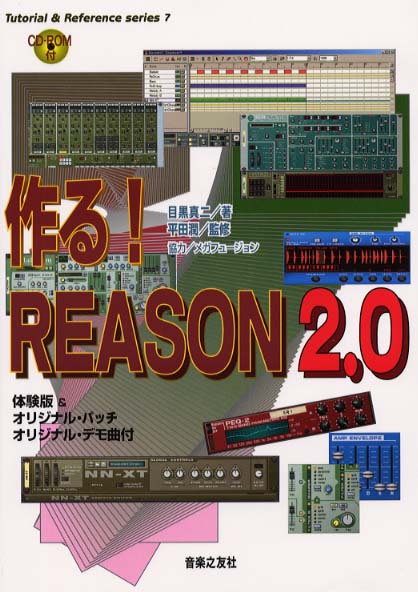The EMU Train V
 Tyrell had some music for games to show us today. The first was for a kids game about money. It would be interesting if the kids had as many vices to spend their $$$ on as you do in real life. Tyrell's music was carefree and positive I thought. I think there may have been almost too much happening, but that's probably just me. The other music he made was for a role-playing fantasy game and also fitted the genre nicely.
Tyrell had some music for games to show us today. The first was for a kids game about money. It would be interesting if the kids had as many vices to spend their $$$ on as you do in real life. Tyrell's music was carefree and positive I thought. I think there may have been almost too much happening, but that's probably just me. The other music he made was for a role-playing fantasy game and also fitted the genre nicely.Poppi Doser is a multimedia artist who uses material from recorded interviews as the starting point of her work, to which she then adds found sound and (later) visuals. Her latest work, called The Autonomy Interviews, centres on the subject of female autonomy. Today she showed us brief glimpses of what she does with a few short snippets from her DVD. I had enjoyed listening some of her earlier work on Autumnal Ephemeral (think that's spelt right). It was interesting to see the music put to images however, which makes the experience altogether different in a way I can't really describe. I suppose it's a combination of being more immersive and thematically explicit. I've always liked immersive things. Even though she seemed ashamed of it, I rather liked the hip hop song.
Josh Schulz had a musique concrete piece on offer.
 Introducing it, he had said that he attempted to make everything sound as metallic as possible. It definitely worked, and the end result was pretty far out, as is most music concrete I suppose. My favourite thing about musique concrete is that even though everyone has computers and seemingly limitless options, the options translate into lots of unique approaches and sequencing personalities. Nothing I've heard so far seems to be the same, although we're all using the same tools.
Introducing it, he had said that he attempted to make everything sound as metallic as possible. It definitely worked, and the end result was pretty far out, as is most music concrete I suppose. My favourite thing about musique concrete is that even though everyone has computers and seemingly limitless options, the options translate into lots of unique approaches and sequencing personalities. Nothing I've heard so far seems to be the same, although we're all using the same tools.Albert Webster showed us a recording he'd done for a jazz band. I thought it was quite good overall, though I feel there could have been more separation between instruments. It sounded like the instruments where clashing in the mid frequencies... but what do I know? I'm glad I didn't have to record a jazz band!








